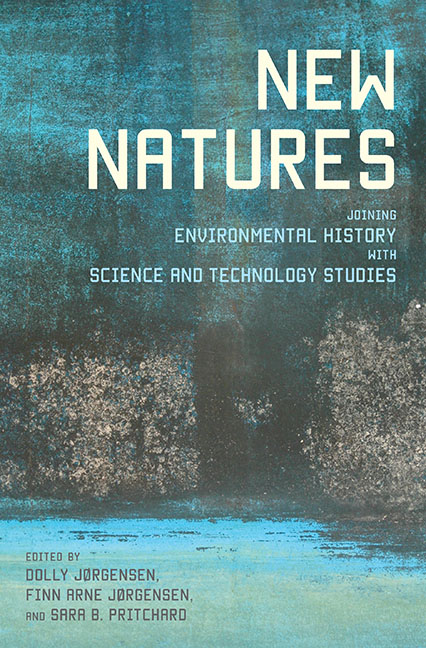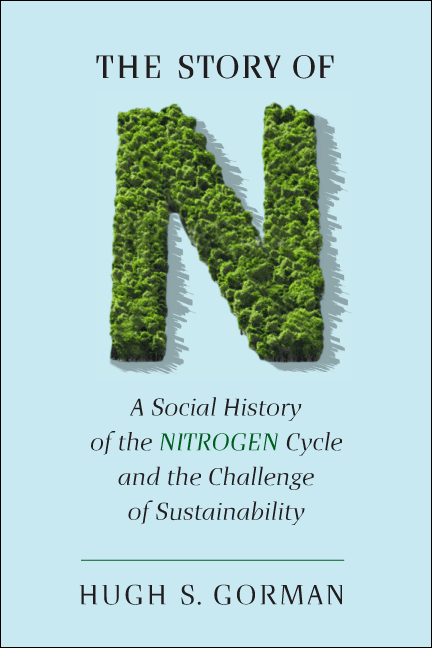The Society for the History of Technology will hold its annual meeting in Copenhagen, Denmark from 4-7 October at the Copenhagen Business School. The Program Committee invites paper and panel proposals on any topic in the history of technology, broadly defined. The Committee welcomes proposals for individual papers or sessions, as well as works-in-progress from researchers at all levels (including graduate students, chaired professors, and independent scholars). It welcomes proposals from those new to SHOT, regardless of discipline. Multinational, international, and cross-institutional sessions are particularly encouraged. We especially encourage proposals from non-Western and Eastern-European scholars. Since this is a non-North American meeting, the Program Committee will permit scholars who presented at the 2011 Cleveland meeting to give papers in Copenhagen. It is SHOT’s policy to relax its rule about not presenting papers at two consecutive meetings in order to attract as many people as possible to meetings outside of North America.
For the 2012 meeting the Program Committee continues to welcome unconventional sessions; that is, session formats that diverge in useful ways from the typical three/four papers with comment. These might include round-table sessions, workshop-style sessions with papers that are pre-circulated electronically, or “author meets critics” sessions. We also welcome poster proposals for presentation in poster sessions.
THE DEADLINE FOR PROPOSALS IS 31 MARCH 2012.
DETAILED SUBMISSION INSTRUCTIONS WILL BE AVAILABLE BY 13 FEBRUARY 2012.
While paper and session proposals on all topics are welcome, the Program Committee is especially interested in proposals that engage the following themes:
SHOT 2012 SPECIAL THEMES
I. Technology, sustainability, and environment.
SHOT has a long history of analyzing how technologies have interfered with or shaped nature and our social or cultural environments. The search for sustainable technology solutions has recently become a main preoccupation of engineers, designers and tinkerers all over the world and is high on the political agenda too. Possible themes to address are:
– Questions of scale: onsite, small- and community-scale technology as challenges for large-scale and centralized models of technology design, both in rural and new urban environments
– Smart design: ecodesign and sustainable industrial or product design as evidence of smart solutions for an accountable handling of technology
– Natural infrastructures: infrastructures as “natural” environments and nature (air, water, soil) as co-producers of large-scale infrastructures
– More with less: new technologies and the search for efficiency in energy consumption or technologies of power saving in housing, transport, and communication
II. Technology, East-West relations, and the Cold War.
During the Cold War, Europe was one of the central laboratories for experimentation with ideological and political regimes, which deeply affected traditional paths of knowledge and technology transfer in Europe. While the history of the Cold War has mainly been told as a history of discontinuity and fragmentation, we would especially welcome papers and sections dealing with examples of successful co-operation or “hidden continuities” in inter-European technology transfer during the 20th century. General areas to be explored are:
– Changing times: continuities and discontinuities in the transfers of knowledge and technology between Eastern and Western Europe and the rest of the world from the mid-19th century to the present
– Negotiating identities: spaces and places of co-operation or confrontation before, during, and after the Cold War
– Blurred boundaries: spill-over effects and holes in the Iron Curtain
– Trading zone: Europe as symbolic battlefield and diplomatic playground for world hegemony
– Chilling effects: Technologies at war & wartime technology
– Secret stories: technologies of intelligence and espionage and their staging in popular media (comics, films, magazines, television & radio)
– Competing Modernities: the uses of technology in a variety of economic development and modernization schemes
Evaluation Criteria, General Ground Rules, and Specific Requirements for Individual Paper Proposals and Session Proposals
The Program Committee’s highest priority in evaluating paper and panel proposals is scholarly excellence.
General ground rules: SHOT rules exclude multiple submissions (i.e., submitting more than one individual paper proposal, or proposing both an individual paper and a paper as part of a session). However, scholars may both propose a paper and serve as a commentator or session chair.
Proposals for individual papers must include:
1. a one-page abstract (maximum 600 words)
2. a one-page curriculum vitae, including current postal and e-mail addresses
Proposals for complete sessions must include:
1. a description of the session that explains how individual papers contribute to an overall theme (300 words max)
2. the names and paper titles of the presenters
3. for each presenter, a one-page summary (maximum 600 words) of the paper’s topic, argument(s), and evidence used
4. for the commentator, chair, and each presenter: one-page c.v., with postal and e-mail addresses
* Please note that in general we discourage panels with more than three papers.
**Please indicate if a proposal is sponsored by one of SHOT’s special interest groups.
DETAILED SUBMISSION INSTRUCTIONS WILL BE AVAILABLE BY 13 FEBRUARY 2012.
Further Information:
For more information about the Society for the History of Technology and our annual meeting, please see the SHOT webpage: http://www.historyoftechnology.org/.
For general questions about the Society for the History of Technology, please contact SHOT Secretary Bernie Carlson at SHOTSecy@virginia.edu.

